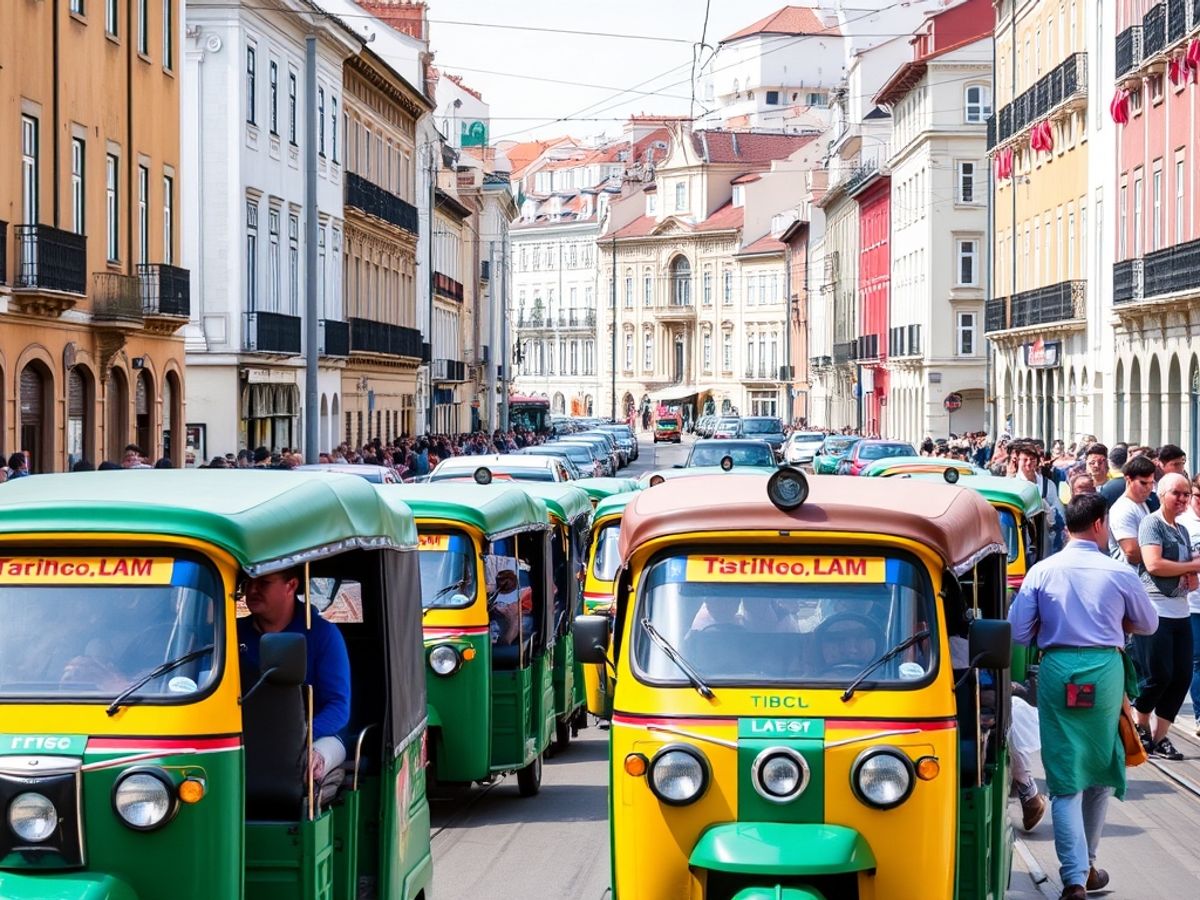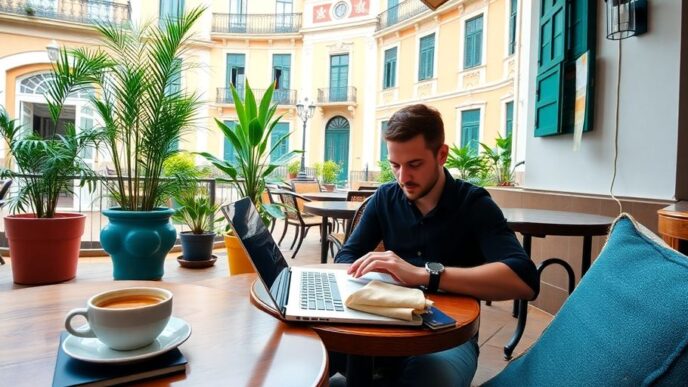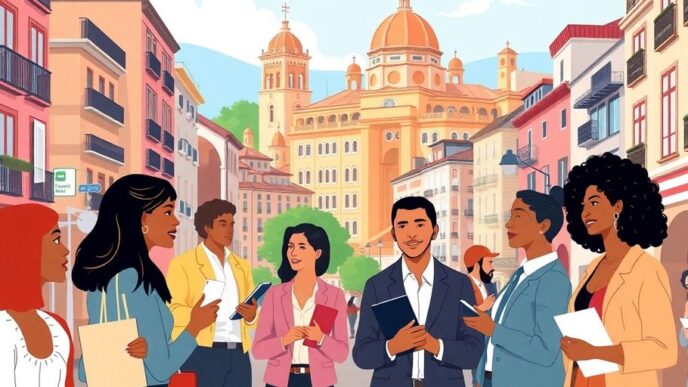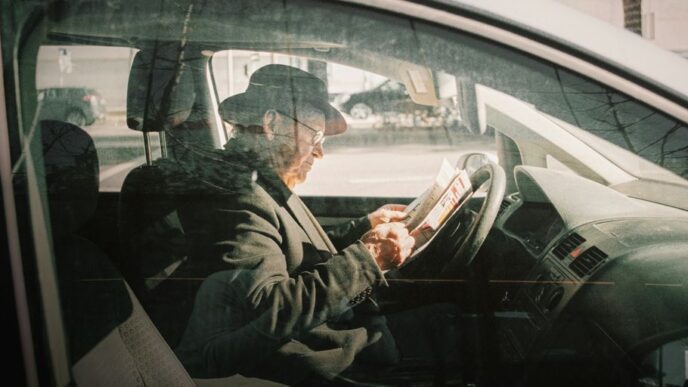Lisbon is facing a growing backlash from locals against overtourism, with residents complaining that the influx of tourists and tuk-tuks is making the city unlivable. The narrow streets of the Portuguese capital are increasingly clogged, causing significant disruptions to daily life.
Key Takeaways
- Overtourism Impact: Residents report that the rise in tourism has led to clogged streets and increased traffic, making it difficult for them to go about their daily lives.
- Local Sentiment: Many locals are frustrated, with some even unable to leave their homes due to the congestion caused by tourist vehicles.
- Government Response: Lisbon’s deputy mayor has suggested limiting the number of tuk-tuks, but no measures have been implemented yet.
- Broader Context: The issue of overtourism is not unique to Lisbon; similar protests have been seen in other European cities like Barcelona and Mallorca.
The Daily Struggle
From her balcony, 78-year-old Rosa Alves watches as tuk-tuks fill the streets from sunrise to sunset. Having lived in her apartment for 50 years, she says the situation has never been worse. The increase in tourists and traffic has made her beloved neighborhood almost unrecognizable.
"For the last five, six years this has become a mess. All over Graça, there has been a serious change for the worse," she says. Sometimes, residents can’t even leave their homes due to the traffic and parked tuk-tuks blocking their path.
Local Activism
In nearby Sintra, local activists have formed a group called QSintra to challenge City Hall to prioritize residents. They are demanding better communication and a clear plan for managing the influx of tourists, especially with new hotels being constructed.
"We’re not against tourists," reads the group’s manifesto. "We’re against the pandemonium that local leaders cannot resolve."
A European Issue
The problem of overtourism is not confined to Lisbon. In Barcelona, tourists have been sprayed with water, and an overcrowded bus route has been removed from Google Maps to deter visitors. Local authorities have also raised tourist taxes and cracked down on Airbnb rentals.
In Mallorca, residents placed fake signs on beaches warning tourists to stay away, while Ibiza has also seen protests against overtourism.
What is Overtourism?
Overtourism occurs when the number of visitors exceeds the capacity of a destination, causing harm to historic sites, overwhelming infrastructure, and degrading the quality of life for residents. It often leads to higher housing prices driven by short-term rentals like Airbnb.
Some locals are calling for higher quality tourism, where visitors stay longer and spend more, thereby benefiting the local economy without overwhelming the community.













